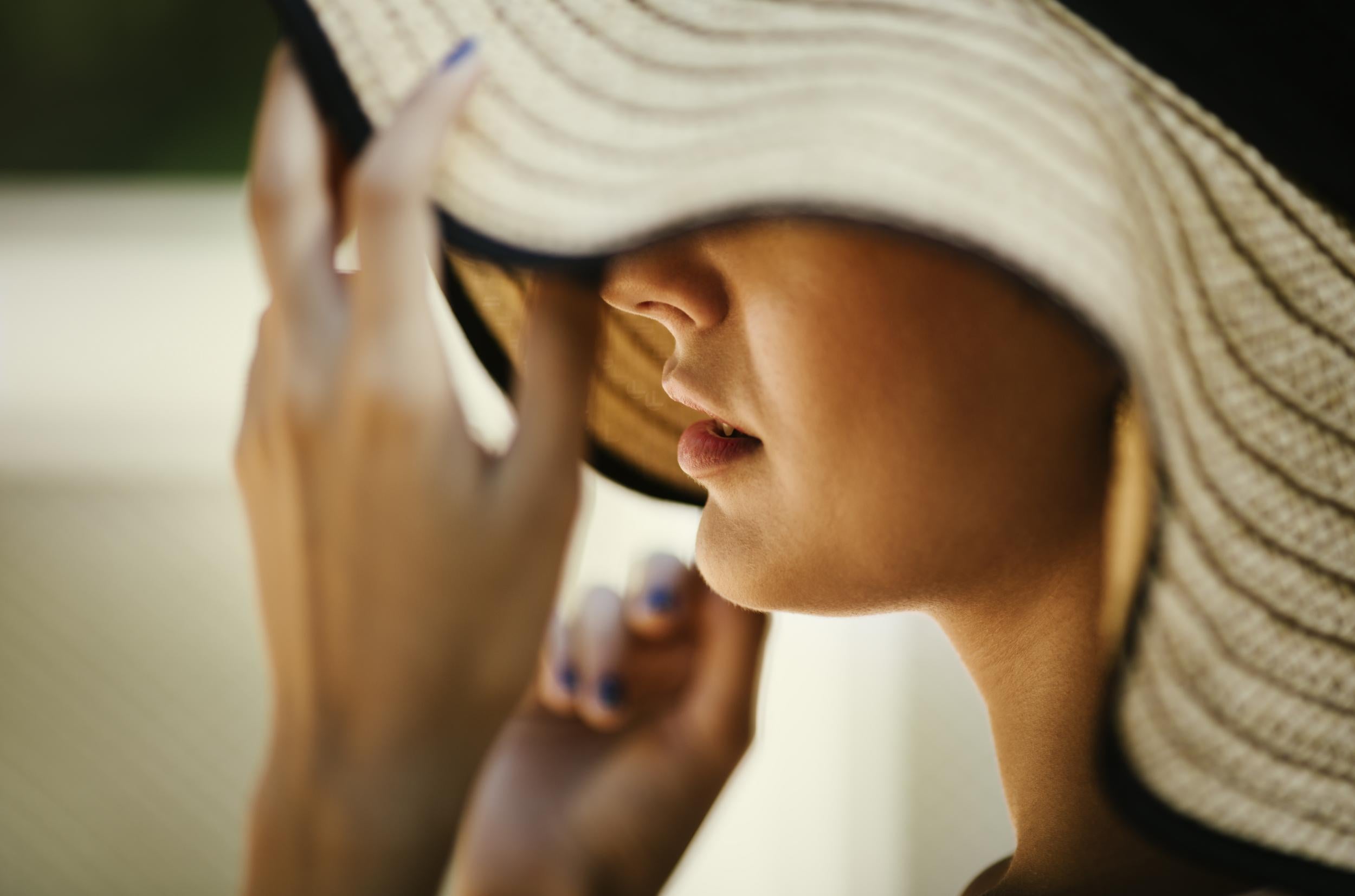The Independent's journalism is supported by our readers. When you purchase through links on our site, we may earn commission.
14 everyday ways to help manage hay fever
Sniffling your way through spring and summer isn’t much fun, but our easy-to-follow guide could help you through the day

Fed up with itchy eyes, a dry throat and streaming nose? Dread going outside on sunny days? This easy step-by-step guide could help ease your symptoms from dawn to dusk.
Create a morning routine
1. Consider taking a once-a-day antihistamine first thing to give you protection until the following morning.
2. Keep windows closed early in the morning and in the evening, as this is when pollen levels are at their highest.
3. Ease off coffee as caffeine triggers the release of histamine, which can worsen symptoms. This is particularly the case if you’re suffering from nasal symptoms, such as a blocked or runny nose.
4. Put a thin layer of Vaseline or barrier cream around (not inside) your nostrils before you go outside. This will help to trap pollen and prevent it being inhaled.
5. Wear sunglasses – in particular wraparound sunglasses – and a brimmed hat, as both can minimise pollen entering the eyes.
Day and evening habits
6. Use air conditioning – rather than opening windows – if you’re travelling in a car, and make sure you have a pollen filter fitted.
7. Vacuum frequently to help reduce pollen in your home. Machines with a high-efficiency particulate arresting (HEPA) filter are particularly good at removing pollen and other allergens.
8. Once home, shower, wash your hair and change your clothes so that pollen isn’t spread through your house.
9. Avoid drinking beer, cider and wine as they contain histamines and sulphites, which can make symptoms worse. Clear spirits such as gin and vodka are less likely to cause reactions.
Establish a night-time regime
10. Get into the habit of checking the pollen count each night, so you’re prepared for the days ahead.
11. If you know high pollen levels are due in a few days, consider starting to take a steroid nasal spray such as Pirinase in advance to allow it to build up in your system, which can prevent symptoms from occurring.
12. Keep windows closed at night. If it’s warm, manage temperatures by using a fan instead – it’s also possible to get fans that contain HEPA filters to remove pollen from the air.
13. Don’t let outdoor pets sleep in your room or on your bed, as they could have pollen on their fur. It's a good idea to wash them regularly to remove the pollen too.
14. Wash bed sheets frequently at a high temperature, as this has been shown to be more effective at removing any pollen on them. Avoid drying them outside, however, as this can coat them with pollen again.
Help for hay fever
It makes sense to try to help prevent the symptoms of hay fever, and a single dose of Pirinase Hayfever Relief For Adults 0.05% Nasal Spray in each nostril once a day could help relieve sneezing, a runny nose, nasal congestion and itchy and watery eyes. Find out more here, or click here to buy online.
For the relief of allergy symptoms. Pirinase Allergy 0.05% Nasal Spray contains fluticasone. Always read the label.
Trademarks are owned by or licensed to the GSK group of companies.
Subscribe to Independent Premium to bookmark this article
Want to bookmark your favourite articles and stories to read or reference later? Start your Independent Premium subscription today.